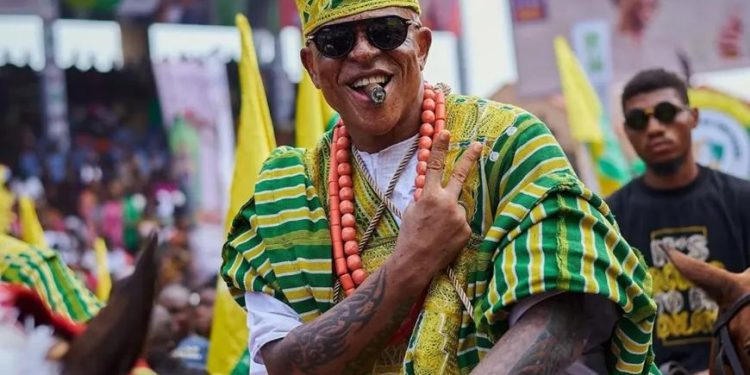Every year, just after Eid al-Kabir, something extraordinary happens in the southwestern town of Ijebu-Ode. Streets are overtaken by thunderous horse hooves, regal parades, and age-grade groups decked in fabrics so lush, they rival red carpets anywhere in the world. This is Ojude Oba—“the King’s Forecourt”, a festival so rich in tradition, elegance, and symbolism that it seems untouched by time. And yet, Ojude Oba is anything but static.
In fact, it tells a broader story. A story of how cultural festivals have evolved across generations, continents, and cultures shaped by modernity, media, and the ever-shifting tides of society.
The Soul of a Community, the Pulse of a Generation
Festivals have always been more than entertainment. They’re how communities tell their stories, reaffirm identities, and celebrate their connection to something greater, be it religion, ancestry, nature, or nationhood. But just like the societies that host them, these festivals have not stood still.
Globalisation has blurred borders and introduced new influences. Technology has brought once-local traditions to global stages. Changing values have prompted festivals to become more inclusive, environmentally conscious, and socially aware.
Through it all, some festivals have not only adapted, they’ve thrived. Ojude Oba is one of them.
From Humble Beginnings to a Global Spectacle
What began in the 19th century as a modest post-Eid homage by Muslim converts has transformed into a festival that attracts over a million people from Nigeria and around the world. And yet, its essence, honouring the Awujale (king), celebrating heritage, and affirming community—remains intact.
This is the magic of Ojude Oba. It evolves without losing its soul.
In many ways, it mirrors what we see globally: the Chinese New Year now features pop concerts alongside lion dances. Diwali in India combines fireworks with social media campaigns. The Brazilian Carnaval is just as much about streaming and sponsorships as it is about samba and sequins.
Fashion, Horses, and a Living Runway of Culture
To attend Ojude Oba is to witness Yoruba fashion in its most opulent form. Families and regberegbe groups prepare for months, choosing outfits that slay and speak of legacy, style and communal pride.
Meanwhile, horse-riding descendants of ancient warriors gallop into the forecourt, dressed in robes, turbans, beads, and velvet. Their mock war displays, thunderous and theatrical, remind spectators of battles once fought and won in defence of the Ijebu homeland.
In a world where tradition often bows to trend, Ojude Oba holds the line. And still sets trends while doing so.
Culture Meets Capital
Another marker of modern festival evolution? The economy.
Ojude Oba is not just a cultural event, it’s a catalyst. Hotels sell out weeks in advance. Vendors, designers, photographers, influencers, and transport providers all cash in. Diaspora returnees plan family reunions around it. Politicians and business leaders use the moment to announce projects or simply show face. It’s culture, but it’s also commerce.
This economic impact mirrors what we see at global festivals like Coachella or Glastonbury. The difference? Ojude Oba does it with horses, not holograms.
Holding On and Letting In
There’s always tension in this evolution, how do you keep a festival relevant without diluting its heritage and cultural significance?
Ojude Oba offers an answer: you hold on to meaning and let in the world on your own terms.
It has embraced media, welcoming national coverage, drone footage, and viral fashion moments. It has also expanded beyond its Islamic roots to become an all-inclusive cultural rally. But it hasn’t lost its local heartbeat.
This is the delicate dance all cultural festivals now face, between the sacred and the social, the traditional and the trending.
In Ojude Oba, we find more than a Nigerian cultural gem. We find a blueprint for how festivals everywhere can evolve with grace. Keep the essence. Adapt the form. Share the stage with the future, but don’t forget the past.
Because when the drums roll, the horses gallop, and the gele sparkle under the Ijebu sun, we’re reminded that culture isn’t static, it’s a living, breathing story.
And some festivals, like Ojude Oba, are its most dazzling chapters.


